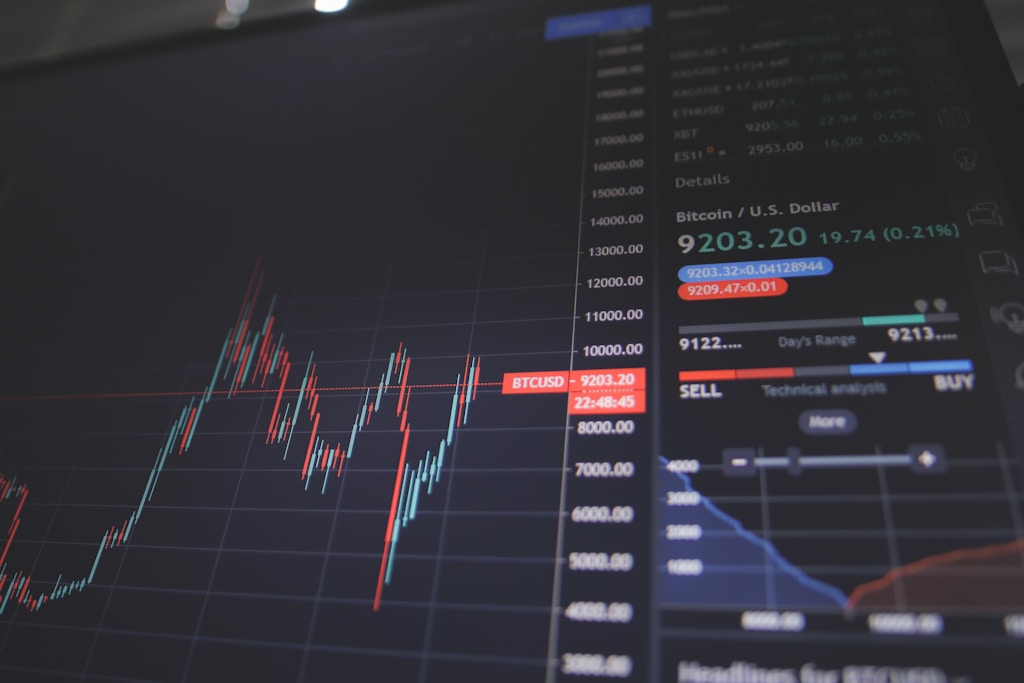A Nigerian court has postponed the high-stakes tax evasion trial involving cryptocurrency exchange Binance until April 30, 2025, marking a significant development in one of crypto’s largest regulatory challenges. The case, which involves claims totaling $81.5 billion, highlights growing tensions between digital asset platforms and emerging market regulators.
Key Developments in the Binance Tax Case
The Nigeria Federal Inland Revenue Service (FIRS) initially secured permission to serve legal documents to Binance via email, citing the exchange’s lack of physical presence in the country. However, Binance’s legal team has challenged this procedure, arguing that proper international protocols weren’t followed.
Breaking Down the $81.5B Claim
- $79.5 billion in alleged economic disruption damages
- $2 billion in claimed back taxes
- 10% annual penalty on unpaid amounts
Legal Complexities and International Jurisdiction
Binance’s defense centers on its Cayman Islands registration, challenging Nigeria’s jurisdiction. This case could set precedents for how digital asset platforms are regulated across borders, particularly in emerging markets.
Impact on Cryptocurrency Regulation
The case represents a broader trend of increasing regulatory scrutiny of cryptocurrency exchanges. Recent actions by Binance to delist certain tokens demonstrate the growing pressure on exchanges to comply with regulatory requirements.
FAQ Section
What are the main charges against Binance?
The charges include tax evasion and alleged economic disruption through cryptocurrency trading activities affecting the Nigerian naira.
How is Binance responding to the allegations?
Binance states it’s cooperating with FIRS while challenging the legal service procedures through its counsel.
What precedent could this case set?
The outcome could establish new frameworks for how international cryptocurrency exchanges are regulated and taxed in emerging markets.
Looking Ahead
The April 30 hearing could mark a turning point in how digital asset platforms operate in developing economies. The case’s resolution may influence regulatory approaches worldwide, particularly in jurisdictions seeking to balance innovation with financial oversight.



